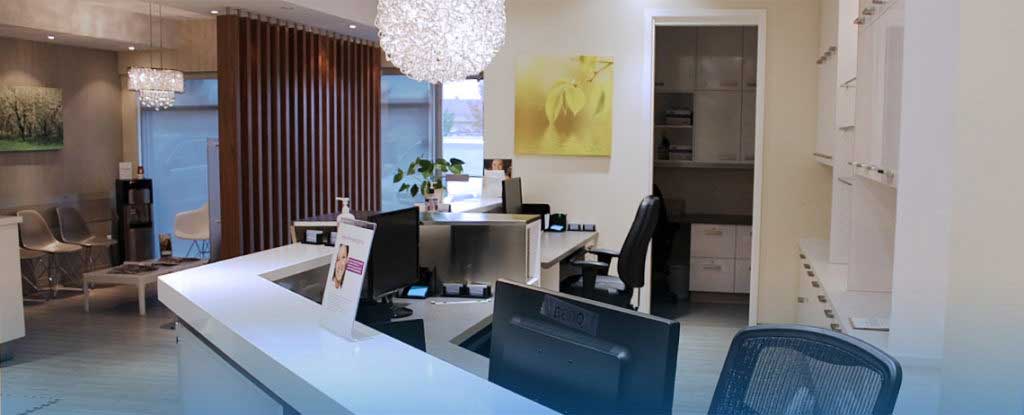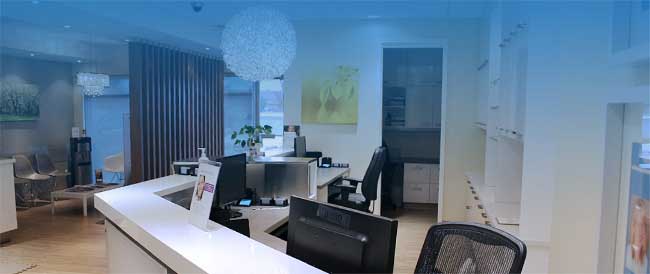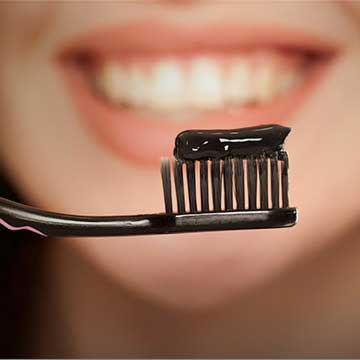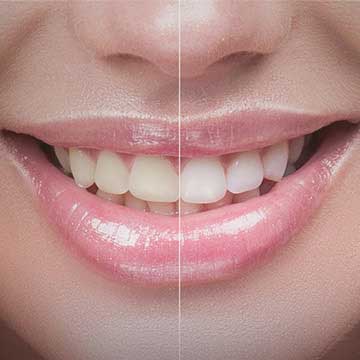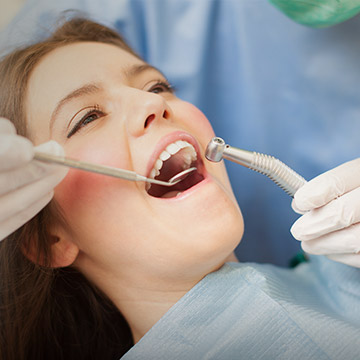Dental emergencies can be scary and uncomfortable experiences. They can happen at any time, but understanding what constitutes a dental emergency can help you know how to handle it.
A dental emergency is any situation that requires immediate attention from a dentist to save a tooth, stop bleeding, or alleviate severe pain or discomfort. Various factors can lead to an emergency, including trauma, infection, or decay.
Regular check-ups are important for you and your family, but knowing what to look for between exams may make the difference when it comes to dental emergencies.
How to Tell if You Have a Dental Emergency
It can be challenging to determine whether you’re experiencing a dental emergency or not. People react differently to discomfort, and some may ignore symptoms simply because they don’t seem serious to them. Kids may especially have trouble communicating their symptoms if they don’t recognize them.
Here are some common dental emergencies and their signs:
- Severe toothache: A severe toothache not relieved by over-the-counter painkillers may indicate a dental emergency. Even if it goes away, it’s generally worth visiting a dentist to be sure it’s not something serious.
- Knocked-out tooth: If someone has their tooth knocked out completely, it’s considered a dental emergency. Time is of the essence in this situation, as there is a chance a dentist may be able to put the tooth back.
- Cracked or chipped tooth: If you have a cracked or chipped tooth, see a dentist as soon as possible to prevent further damage or infection.
- Abscessed tooth: An abscessed tooth is a severe infection that can cause swelling, pain, and fever. You may also notice a bump on your gum from pus that can’t drain. If you suspect you have an abscessed tooth, seek medical attention immediately.
- Missing Filling: It’s possible for a filling to fall out due to a variety of reasons, such as decay, chewing, or teeth grinding.
Handling Common Dental Emergencies
If someone in your family is experiencing a dental emergency, the first thing to do is contact your dentist immediately. Until your appointment, you should focus on minimizing pain and preventing further damage.
The Canadian Dental Association has some tips for handling common dental emergencies:
Severe Toothache
Taking over-the-counter pain medication may help you find relief. You can also rinse your mouth with warm salt water and use dental floss to remove any food particles that may cause discomfort.
You can put a cold compress on the affected area to reduce swelling, but avoid anything hot. Heat can increase discomfort and damage the tissue.
Knocked-out Tooth
Pick up the tooth by the crown and rinse it, but don’t scrub. If it’s clean, you can actually reinsert the knocked-out tooth into its socket. However, if the tooth isn’t clean or if there’s a chance it could be swallowed, place it in a container with cold milk or store it in your cheek carefully.
In either case, you should go to the nearest dentist. A tooth replaced in 10 minutes has a fair chance of taking root again, though this gets less likely the longer you take.
If your child has their baby tooth knocked out, don’t reinsert it. Rinse their mouth with water and use a cold compress for the pain and swelling until you can get them to a dentist.
Cracked or Chipped Tooth
You can almost always save a broken tooth with proper care, but a crack will expose the insides (pulp) of the tooth. Keep the area clean by rinsing your mouth so bacteria can’t get in and infect the pulp.
You may require a root canal or a crown depending on how bad the break is. Fortunately, you’ll already be at the dentist’s, and we’re prepared to help you.
Abscessed Tooth
A professional should treat an abscessed tooth before the infection has a chance to spread. In the meantime, brush and floss gently to prevent further damage. You can reduce pain and swelling with a cold compress and medicines as your doctor prescribes.
Missing Filling
Keeping the exposed tooth clean by gargling warm salt water is essential to prevent bacteria from creeping in. You can also put a piece of chewed sugarless gum over the empty spot to protect the area for a short time.
How to Avoid Dental Emergencies
Accidents happen, and some dental emergencies are unavoidable. Still, there are steps you can take to minimize your and your family’s risk.
Here are some tips for avoiding dental emergencies:
- Maintain good oral hygiene: Brush your teeth twice a day, floss regularly, and use mouthwash to prevent cavities and gum disease.
- Wear a mouthguard: If you or your children play sports, a mouthguard may protect your teeth from injury or damage. They can also be effective if you grind your teeth at night.
- Avoid chewing on hard objects: Chewing on ice, hard candy, or other hard things can damage your teeth and increase your risk of dental emergencies. Likewise, don’t use your teeth to open packages or tear tape.
- Keep babies from chewing: Babies love to bite whatever they can. So try to keep them away from hard objects that might chip their teeth.
- Visit your dentist regularly: Regular dental check-ups can help identify potential issues before they become dental emergencies.
Care When You Need it Most
Dental emergencies can be stressful, but knowing what to do and how to prevent them may help ease your anxiety.
If something does happen, Otara Dental is here to help. Our friendly team will do our best to get you in and walk you through what to do next.
If you or someone you know is experiencing a dental emergency, call us as soon as possible.



